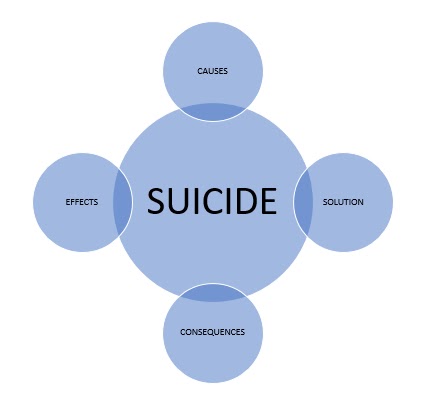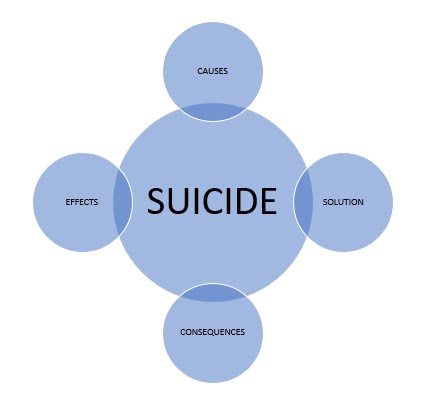SUICIDE PREVENTION AND SOCIETAL MEASURES
It has, therefore, become imperative to frontally address factors that are making our compatriots languish in despair. Here are some preventive measures to curtail the rising incidence in Nigeria.
CLICK TO READ SUICIDE IN NIGERIA
READ
1. First and foremost, Government needs to fix the economy by putting in place necessary economic palliatives that will relieve Nigerians of the current hardship while it finds a permanent solution to the pervading economic recession in the nation. An enabling economic environment will give space and freedom for all to pursue their dreams and ultimately bring about a significant reduction in the rate of helplessness and hopelessness in the country.
2. Listen for verbal warnings. Often a person considering suicide will give verbal clues about what they are planning. Knowing what phrases to listen for can help you recognize when the person is suicidal and help them before they go through with it.
3. Show Compassion. People who attempt suicide, the survivors of suicide and their loved ones, and those who have experienced the death of a loved one to suicide are in great need of compassion. There is no place for judgment or blame, especially from religious communities. Suicide is a tragedy that leaves a terrible amount of suffering in its path. Anger, shock, grief, disbelief, sorrow, and fear can all be part of the mixture of emotional responses to suicide or an attempt. Given the devastating nature of suicide and the sense of helplessness associated with it, compassion must be demonstrated to facilitate healing. People who live with chronic thoughts of self-harm need our non-judgemental, compassionate support.
ALSO READ: WHAT ARE THE CAUSES OF SUICIDE IN NIGERIA
4. Strengthen Social Support Networks. Community-based groups and government programs need to work together to address the most prevalent needs for groups at risk of suicide, especially since the more natural supports of extended families, highly involved neighbors, and religious groups are either not intact or not able to do it all. Partnering mental health professionals with culturally relevant providers (including spiritual leaders) in easily accessible locations (and at convenient times) could increase access to and use of mental health services. Certain populations face additional barriers to treatment that increase their vulnerability to suicide. For instance, older adults and young children often have difficulty with transportation to and from treatment sites. Individuals from minority groups may face discrimination and/or health care providers who are ignorant or insensitive to their needs and style of handling mental illness and suicidal issues. Again, tailoring services to the needs of particular communities is vital. School-based programs can enhance social support and self-esteem. They may reduce depression, substance abuse in children. These programs should provide skills training for staff, teachers, and administrators. They should include designated “gatekeepers” who are responsible for addressing these issues on a nationwide basis. They should develop crisis response plans and mechanisms for screening students. Longer-term approaches that include teaching, appropriate follow-through, and a clear service plan are more effective than short-term educational seminars, such as having someone from the community come in and give a presentation.







